Migrant Crisis: Why do child migrants want to come to the UK?
- Published
Martin met Safid in a Calais camp in August 2015
There has been a huge increase in the number of migrants travelling to Europe this year. Many of them are running away from war and poverty.
It's thought more than 600 child migrants arrived in the UK without their parents in July 2015..
Martin went to visit a camp in the French town of Calais where thousands of migrants are staying, in the hope that they can come to the UK, even though they do not have permission to cross the border.
While Martin was in the camp, he spoke to Safid, an 11 year old boy who travelled over 5000 miles to try to reach the UK from Afghanistan.
Who are migrants?
A 'migrant' is a person who moves from one place to another in order to find better work or living conditions.
In the UK an 'asylum seeker' means a person who has applied to be let into the country because they say they're facing harassment due to their race, religion, nationality, political belief, or membership of a particular social group.
Why are migrants coming to Europe?
Ayshah meets migrant family in Europe
In the first seven months of 2015, it's thought that more than 153,000 migrants have tried to cross Europe's borders.
That is a 149% increase compared with the same period in 2014, when the total was 61,500.
Ricky explains where the migrants travel from...
The civil war in Syria has meant more than four million people have had to leave. Afghans, Eritreans and other nationalities are also fleeing poverty and war in their countries.
Some migrants also come because they think they will have better living conditions and work in Europe.
Martin went to Calais in August 2015 to find out more about the migrant problem there
More than 3,000 people - including children as young as 12 and 13 are living in a large camp in Calais, France, known locally as "the Jungle". They are in Calais because they want to make it to the UK
Many of these people do not have any documents or passports and often do not have permission to come to the UK.
How many children come to the UK unaccompanied?
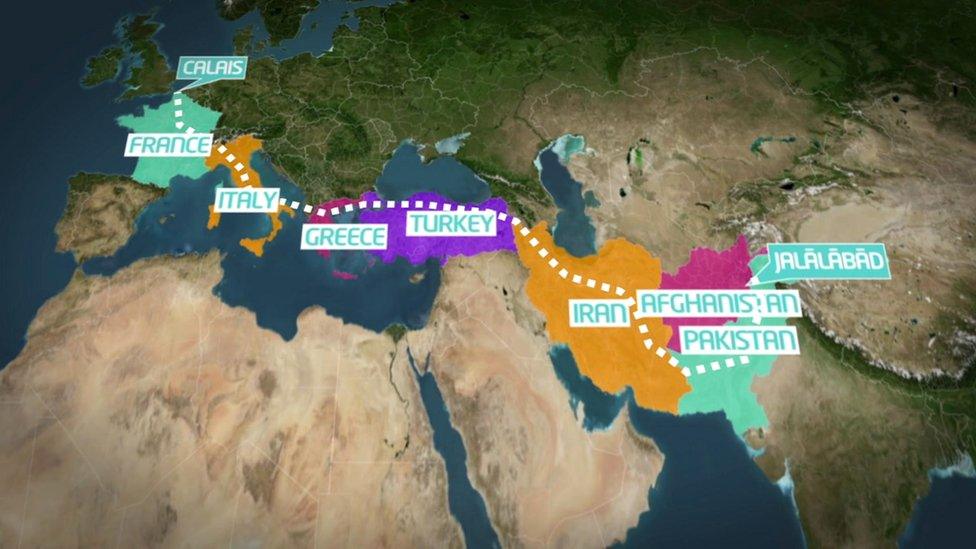
11 year-old Safid travelled over 5000 miles to try to reach the UK from Afghanistan
The number of young people from countries such as Syria and Iraq aged under 18 and needing foster care after arriving at Dover has risen from 238 a year ago to 369 in April, and has increased further over the last few months to 605.
What help is available?
Ayshah finds out about the problems facing Europe's migrants
If a migrant is under 18 when they arrive in the UK, local authorities have a legal duty to care for them.
Children who arrive in the UK without parents usually need to be fostered, which is when families who are registered as foster carers, and specially trained, take them in and look after them.
Compass Fostering, an independent agency, said it had 140 young asylum seekers referred for foster care in July 2015, compared with just 34 in July last year.
Compass said most of the referrals have come from local authorities in Kent, West Sussex and London.
The children are mostly from war-torn countries in the Middle East - Syria and Iraq - as well as Afghanistan and Eritrea in East Africa.
Most of them are boys, with the youngest aged just 12.
Why has this become such a big problem?
Martin reports on why migrants make the dangerous journey
Many of the people are trying to escape from countries affected by war such as Syria, Afghanistan, Eritrea, and also North Africa.
Thousands of migrants who are camped in Calais are attempting to reach the UK by crossing the English Channel, the stretch of water that separates southern England from northern France.
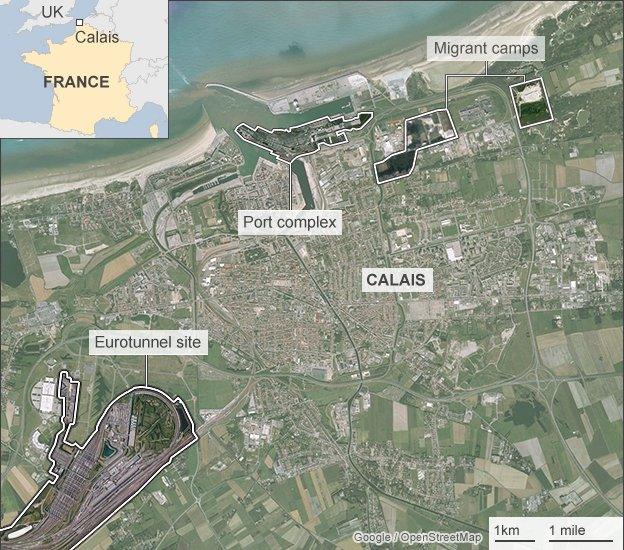
By trying to get on lorries heading for the UK they have caused lots of problems with transport in and out of Britain.
Read more about the migrant crisis in Calais.
If you are upset by anything you see in the news there's help and advice in our guide.
- Published31 July 2015
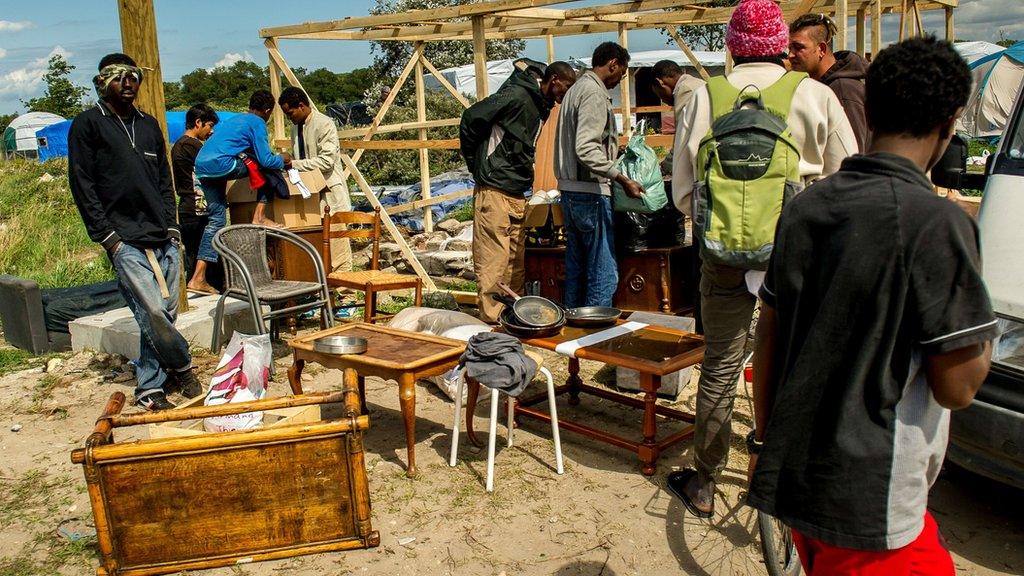
- Published28 May 2014
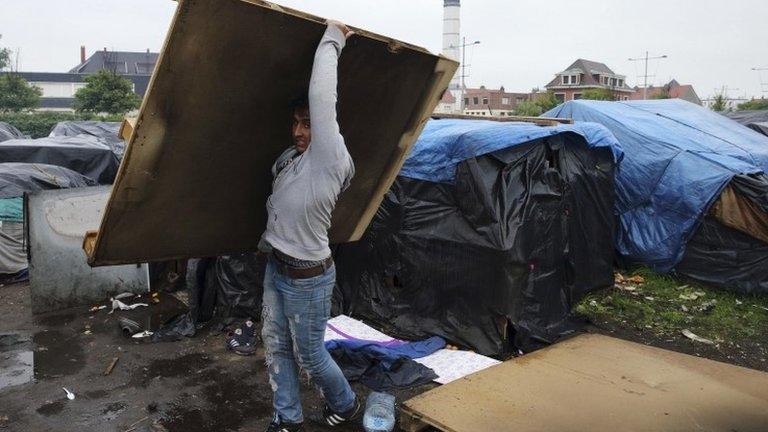
- Published23 April 2015
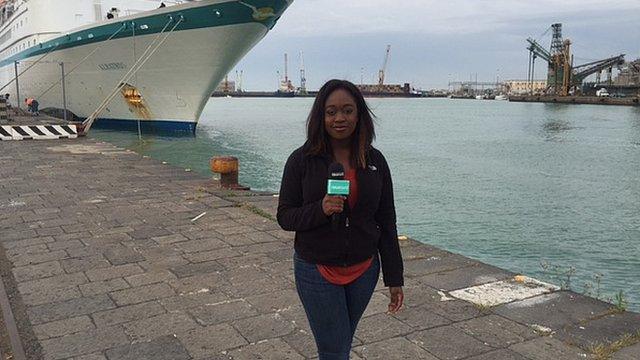
- Published24 April 2015
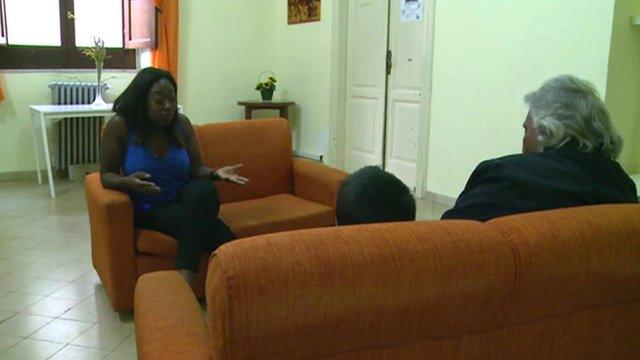
- Published22 April 2015
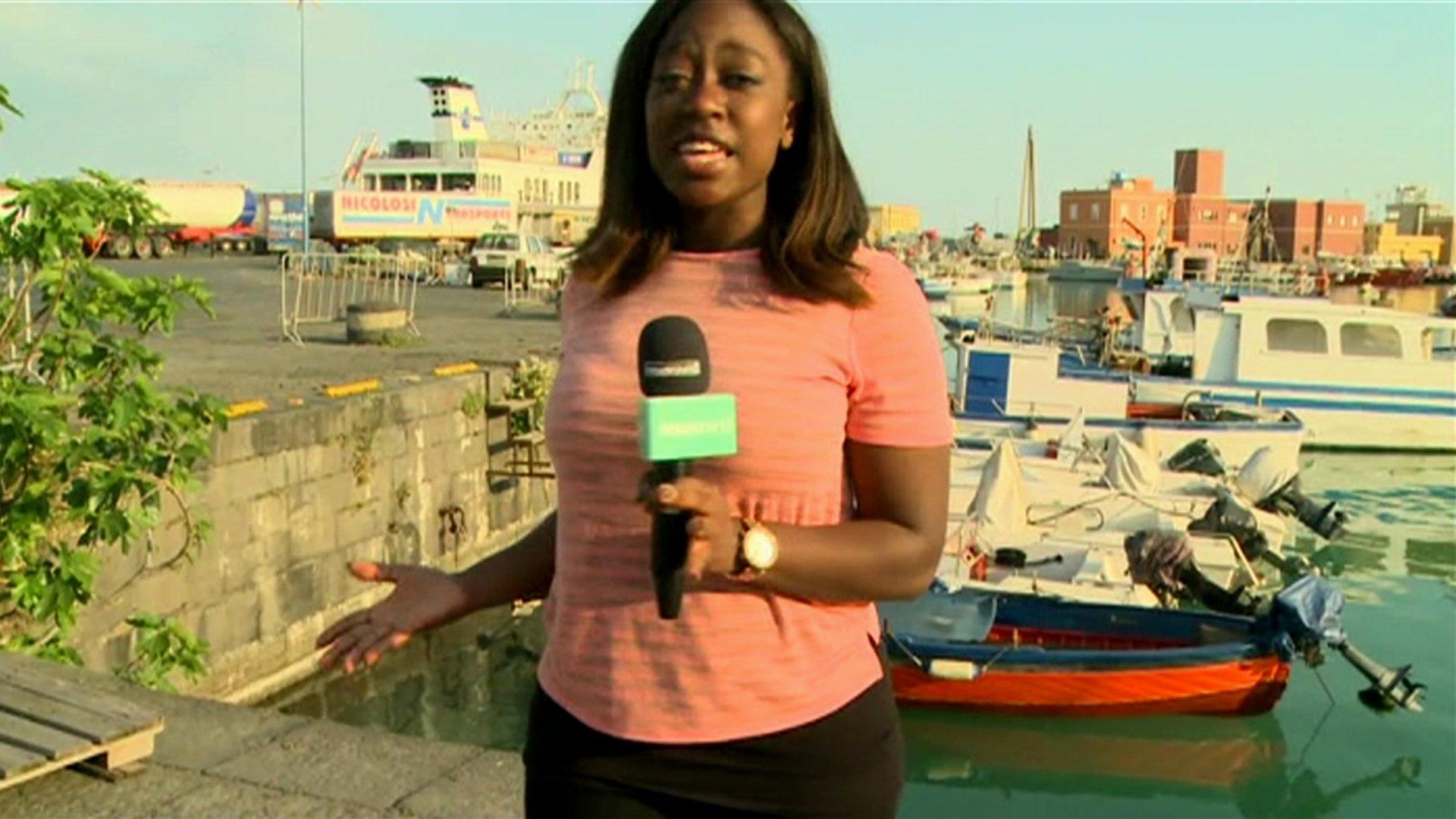
- Published21 April 2015
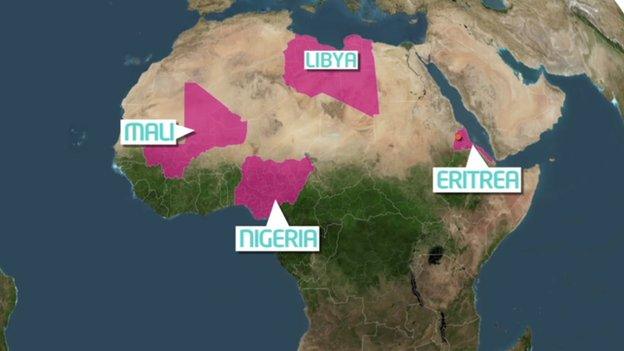
- Published20 April 2015
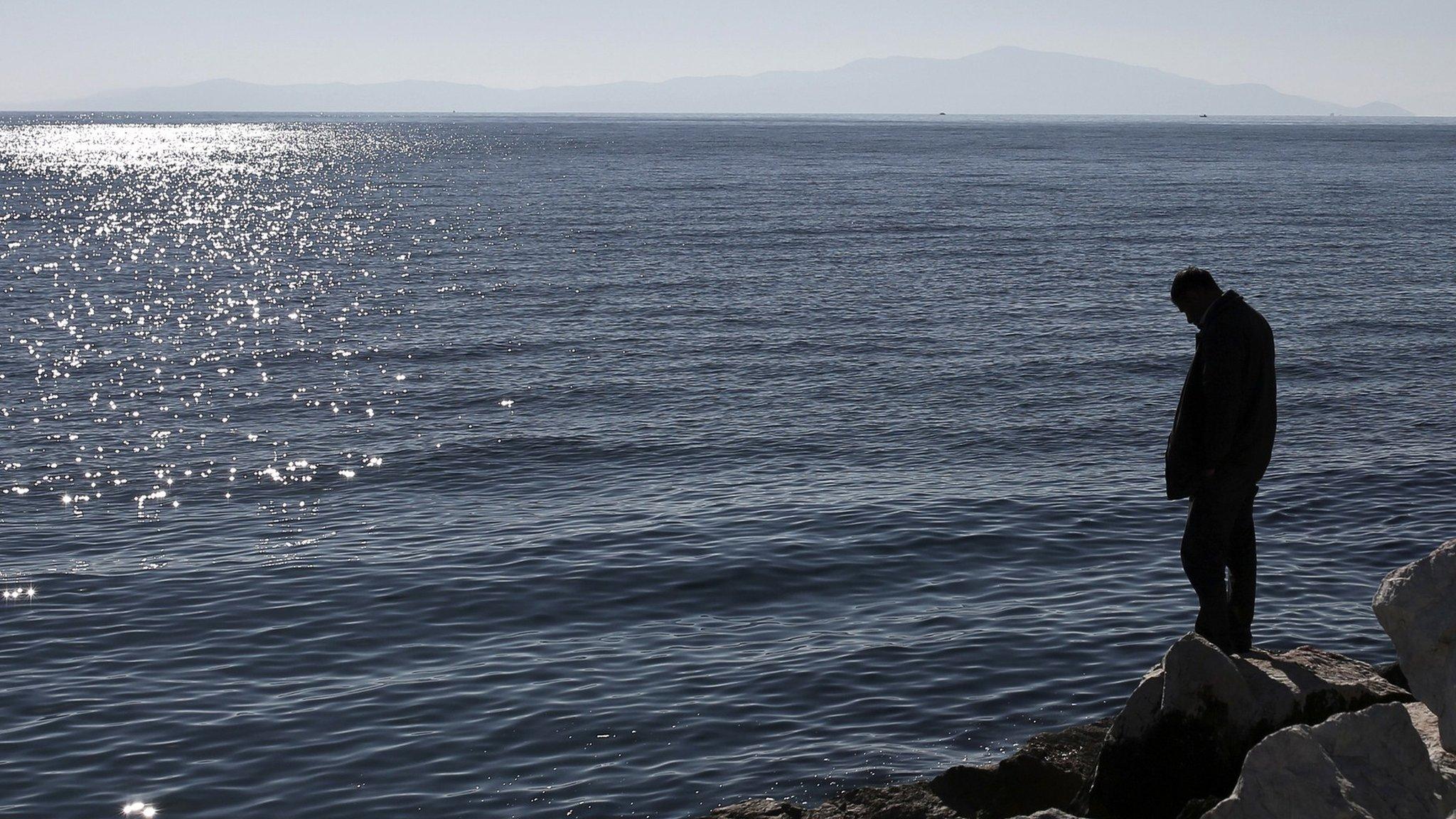
- Published29 August 2022

